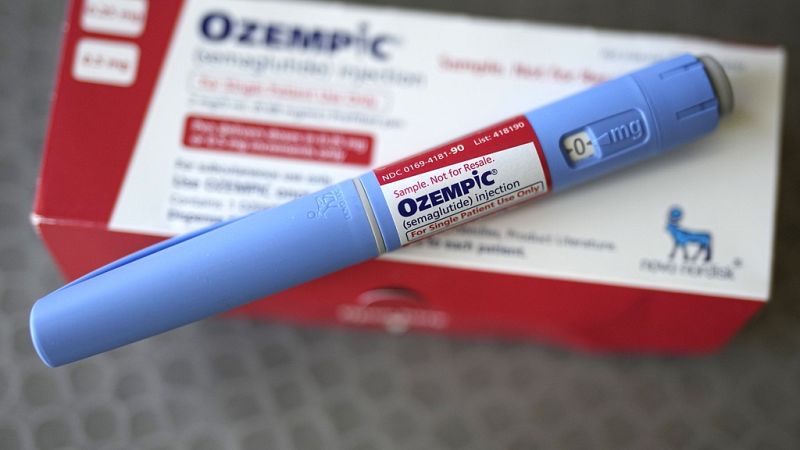Portugal Cracks Down on Weight Loss Drug Prescriptions to Stop Abuse

Portugal Restricts Prescriptions for Weight Loss Drugs and Blood Sugar Monitors
Portugal has taken steps to limit the prescription of blockbuster weight loss drugs and glucose monitoring devices, citing concerns over their misuse. This decision comes as a response to growing demand for these medications, which has led to shortages and increased black market activity.
Starting from Friday, only doctors in four specific medical specialties will be allowed to prescribe GLP-1 receptor agonists such as Ozempic, Wegovy, and Mounjaro. These drugs are primarily used to treat type 2 diabetes and obesity, and they work by mimicking a hormone that helps individuals feel full for longer periods. However, their popularity for weight loss purposes has created significant challenges in availability.
Ozempic, developed by Novo Nordisk, is approved in Portugal for treating type 2 diabetes but is widely sought after for its weight loss benefits. Mounjaro, produced by Eli Lilly, and Wegovy, also from Novo Nordisk, are approved for both diabetes and obesity. In the first four months of 2025 alone, Portuguese consumers spent approximately €21 million on these medicines.
In addition to the drugs, glucose sensors have also faced high demand, especially among non-diabetic individuals. This has led to shortages in pharmacies. According to reports, these monitors are often prescribed by doctors who do not specialize in diabetes care and are being sought after by dieters, athletes, influencers, and even for use on animals.
The Ministry of Health introduced this regulation in April, highlighting concerns about improper access to these technologies. The ministry stated that the new rules aim to ensure that these essential health tools are available to those who truly need them. It emphasized the importance of regulating and correcting the distortions in access to these resources.
The president of the Portuguese Society of Diabetology (SPD), João Raposo, welcomed the measure but noted that it may come too late to address the existing challenges. He expressed uncertainty about whether the regulation would simplify or improve access to these medications. Raposo pointed out that while there are "anomalous prescriptions" and a lack of monitoring, he believes that the number of prescriptions outside the designated specialties may not be significant.
Despite these concerns, Raposo acknowledged that diabetics and healthcare professionals are not opposed to using these drugs for obesity treatment. However, he stressed the need for better oversight and monitoring of patients using these medications.
GLP-1 agonist drugs are partially reimbursed by the Portuguese government, with 90% of the cost covered. Similarly, glucose sensors can be reimbursed up to 85%. This level of reimbursement has contributed to the high demand for these products.
In addition to prescription-related issues, there is also a growing problem with these medications being sold on the black market. This has raised concerns about counterfeiting and the potential risks associated with unregulated use.
The situation highlights the complex balance between meeting public demand for effective treatments and ensuring responsible use of medical resources. As Portugal continues to navigate these challenges, the focus remains on protecting patient safety and maintaining equitable access to essential health tools.
Post a Comment for "Portugal Cracks Down on Weight Loss Drug Prescriptions to Stop Abuse"
Post a Comment